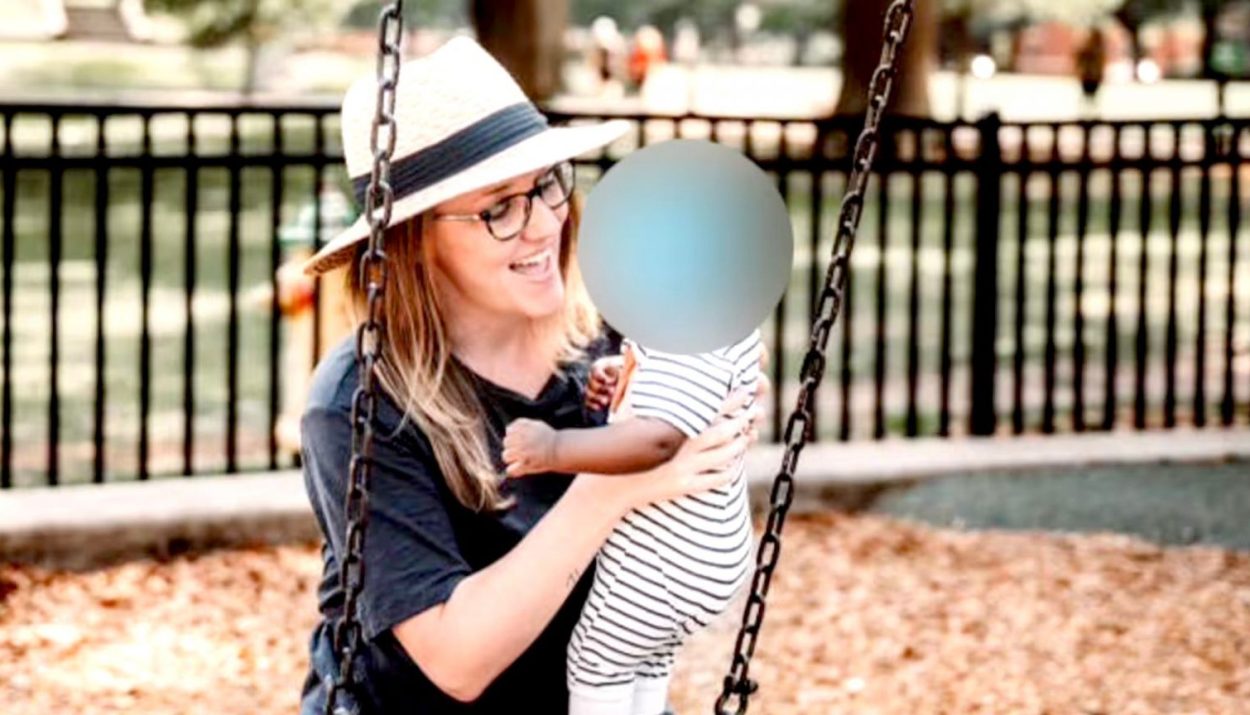A California woman is suing a fertility clinic after she was implanted with the wrong embryo during an in vitro fertilization (IVF) procedure, carrying and giving birth to another couple’s baby. The lawsuit, filed on February 20, 2025, claims gross medical negligence, emotional distress, and breach of contract against the clinic responsible for the catastrophic mix-up.
The woman, whose identity remains undisclosed, underwent IVF at a Los Angeles-based fertility center in 2022, expecting to give birth to her biological child. However, months later, a routine genetic test revealed that the fetus was not related to her or her husband. DNA testing after birth confirmed the devastating truth: the baby she had carried for nine months was another couple’s.
Legal documents indicate that the real biological parents unknowingly carried her embryo, resulting in an unintentional baby swap. Both couples were left traumatized, leading to an eventual exchange of the babies weeks after birth.
According to the lawsuit, the clinic failed to follow standard embryo tracking protocols, leading to the embryo mix-up. The lawsuit demands compensatory damages for emotional trauma, medical malpractice, and legal fees, as well as reform in fertility clinic regulations to prevent similar cases in the future.
IVF mix-ups, while rare, have happened before. In 2019, a New York couple sued a fertility clinic after discovering their twin babies were not of Asian descent despite both parents being Asian. Legal experts believe this new case could set a precedent for stricter embryo-handling policies across the US.
The affected woman stated that she has suffered severe psychological distress, post-traumatic stress disorder (PTSD), and emotional turmoil following the incident. “I trusted the system, and it failed me in the most unimaginable way,” she said in an interview with ABC News.
The fertility clinic has yet to release an official statement, but legal analysts predict a major lawsuit could shake the entire fertility industry, prompting tighter regulatory oversight on embryo handling.




2 Comments